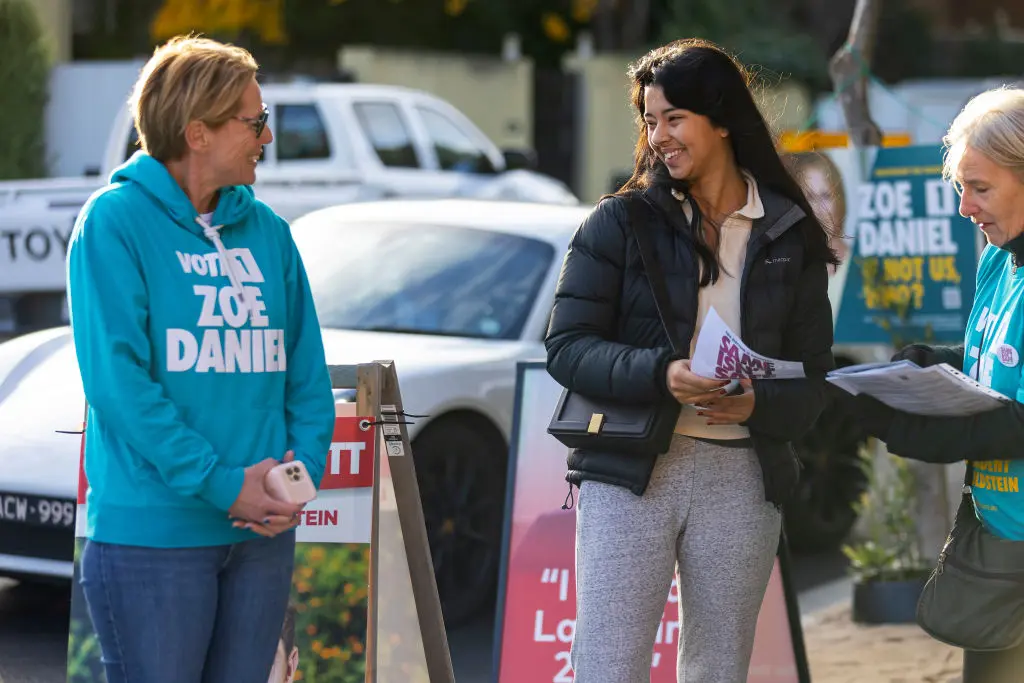Prominent independent “teal” MP Zoe Daniel has been referred to the National Anti Corruption Commission over allegations she lobbied a media outlet on behalf of one of her wealthy supporters, billionaire renewables campaigner Simon Holmes à Court.
The complaint was laid by former Liberal MP and New South Wales (NSW) party president Jason Falinski, who alleges that staff working for Daniel asked the Australian Financial Review (AFR) to delete Holmes à Court’s name from the “covert” section of its annual list of influential Australians.





